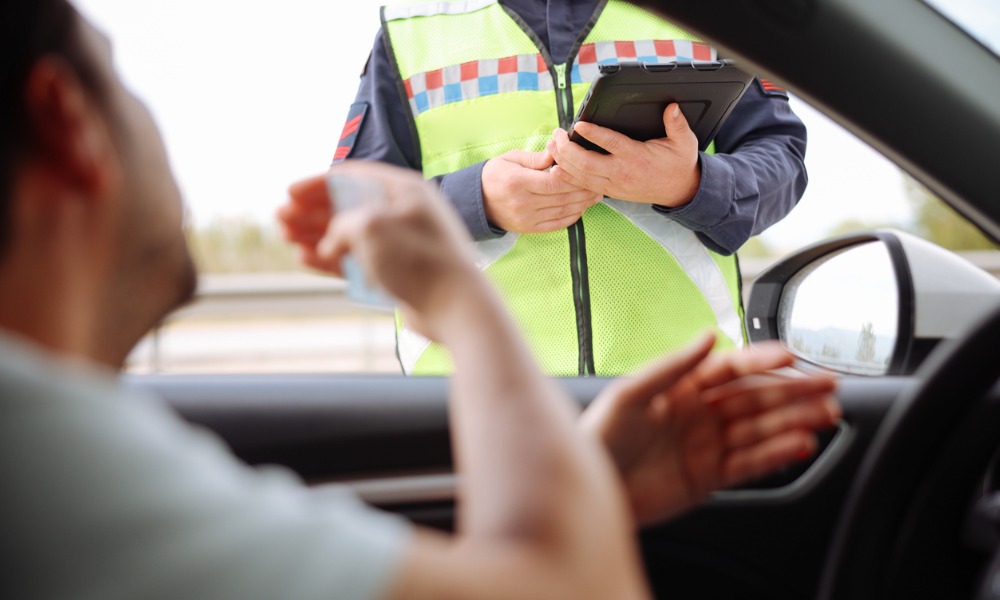
Driver knew a demand for a breath sample had been made and intentionally refused to comply

The Ontario Superior Court of Justice has convicted a driver of refusing to provide a breath sample after a serious motor vehicle collision on Christmas night but acquitted him of the more severe charge of refusal causing bodily harm.
The incident occurred when the driver, speeding at nearly twice the posted limit, ran a red light and collided with another vehicle at an intersection in Vaughan. The collision resulted in bodily harm to one of the occupants of the struck vehicle. The driver was arrested at the scene and charged with impaired operation of a motor vehicle and driving with a blood-alcohol content of over 80 mg of alcohol in 100 mL of blood. Over the next 90 minutes, he refused to provide breath samples on three occasions.
Initially, the driver faced nine charges, including impaired driving causing death and dangerous driving causing bodily harm. Before trial, three counts related to refusal to provide a breath sample were severed, and the remaining charges were heard by a jury. The jury acquitted the driver of the impaired operation counts but convicted him of dangerous driving causing bodily harm and two counts of dangerous driving. The court later stayed the latter two convictions.
Subsequently, the focus shifted to the refusal to provide a breath sample, causing bodily harm. The court had to determine the requisite state of mind for the refusal offence, whether the driver had the necessary intent to refuse, and whether he knew or was reckless about causing bodily harm.
The Superior Court concluded that the driver knew a demand for a breath sample had been made and intentionally refused to comply. The court rejected the defence's argument of mistake of fact, finding that the driver had a culpable state of mind when he refused the breath sample demands. However, the court acquitted the driver of the aggravated charge of refusal causing bodily harm. The court determined that the driver could only speculate about whether anyone had been injured in the collision and concluded that the risk of injury did not rise to a level that would establish recklessness.
As a result, the driver was convicted of the lesser offence of refusing to provide a breath sample but acquitted of the more severe charge of refusing to cause bodily harm.